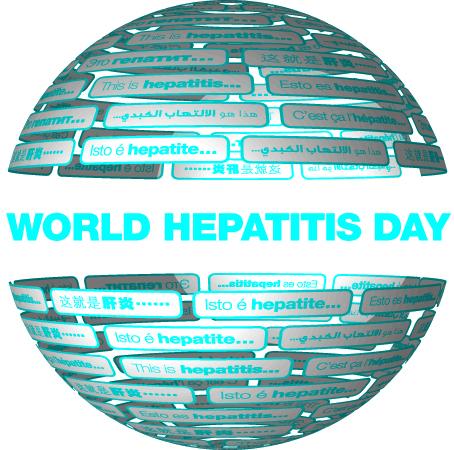World Hepatitis Day call to get tested

This World Hepatitis Day [Sunday 28 July], the Public Health Agency (PHA) is encouraging everyone who thinks they may be at risk of having contracted hepatitis to get tested and treated.
Viral hepatitis is one of the leading causes of death globally, accounting for 1.34 million deaths per year. In Northern Ireland, 100 hepatitis B infections and 93 hepatitis C infections were reported in 2018.
Dr Anna McKeever, Specialist Registrar in Public Health at the PHA, explained: “Although relatively uncommon in Northern Ireland, hepatitis B and C can be serious, potentially life-threatening infections.
“Hepatitis B tends to be transmitted from an infected mother to her baby or through contact with infected blood, particularly in areas of the world where it is more common. In Northern Ireland, new infections with hepatitis B tend to be from sexual contact with an infected person.
“Hepatitis C is commonly associated with sharing needles or equipment for injecting drugs. It can also be spread by having a tattoo or body piercing done using non-sterile equipment.
“Both hepatitis B and C are diseases that people can have for many years without developing any symptoms. However, they may be passed on to other people during this time and can lead to liver damage (cirrhosis) and liver cancer. The good news is that there is a vaccine to help prevent hepatitis B, and treatment for hepatitis C is now very effective.
“Therefore we are encouraging people to come forward for testing if they think they could be at risk, for example if they have ever injected drugs, even if this was only once or some time ago.
“Testing is also recommended if you were born in, or had medical treatment in, a higher risk part of the world, such as Eastern Europe and many parts of Asia, Africa and South America.
“It is also important to know about how to avoid becoming infected. This includes practising safer sex, avoiding getting tattoos abroad and not sharing needles or injecting equipment. Clean injecting equipment can be obtained from various needle exchange sites across Northern Ireland to reduce the risk from these infections.
“If you think you may be at risk speak to your GP.”
For more information see www.nidirect.gov.uk/conditions/hepatitis
